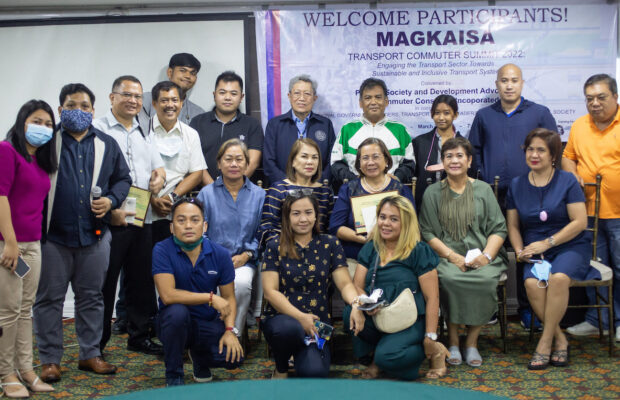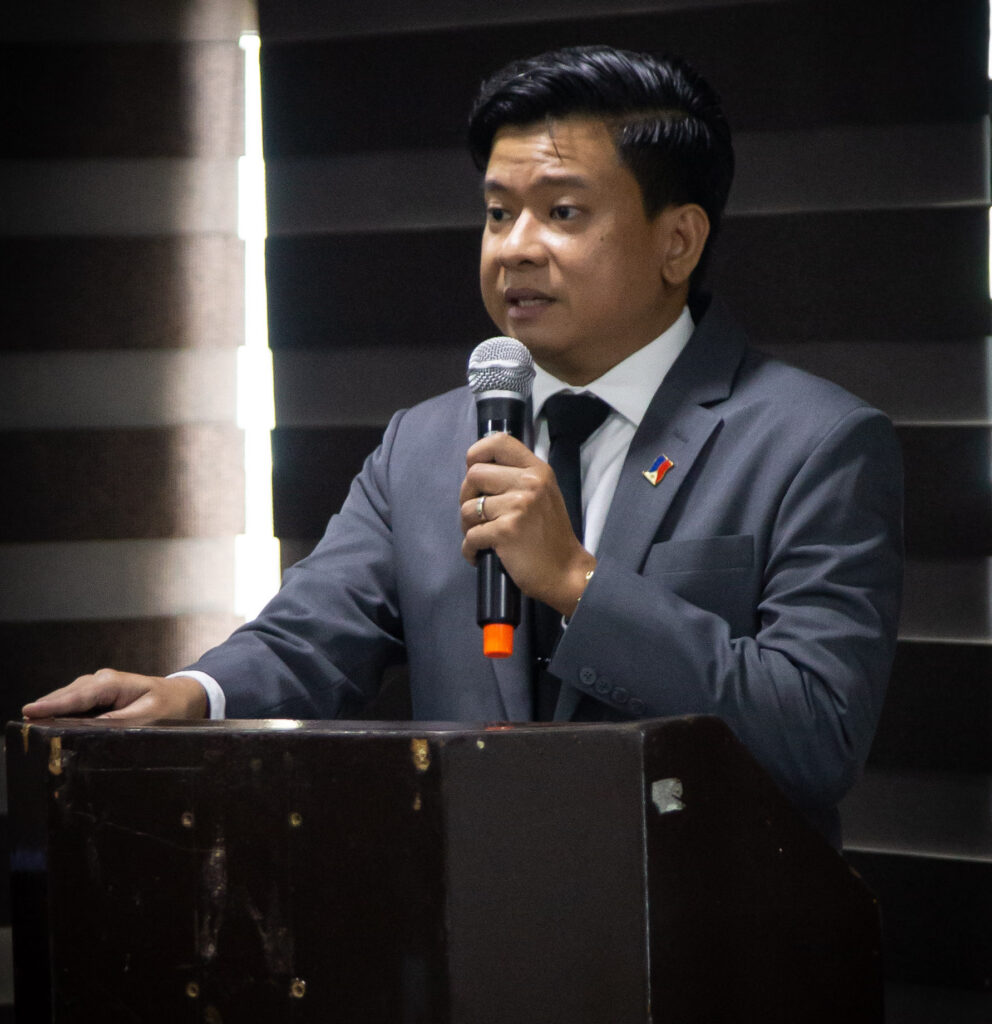Transport Groups Urge BBM: Use Tech for Safer Roads, Eradicate Corruption

Twenty-four transport groups urged President-elect Ferdinand “Bongbong” Marcos Junior to use technology, intelligent transport systems in particular, to help improve the commuter experience. Called the Magkaisa summit members, the group proposed the use of Smart City and Sustainable Mobility concepts that support ride-hailing services, building of more bike lanes, technology-driven traffic monitoring and enforcement, and the construction of more commuter-friendly terminals for senior citizens, children, pregnant women, and persons with disabilities.
In the first ever transport and commuter summit held at the Rembrandt Hotel, representatives of public utility vehicles (PUVs), bus drivers, operators, and commuter groups signed a Manifesto of Solidarity and Action Plan that detailed issues and challenges faced by these sectors as well as their recommendations to regulators.
Convened by the Pilipino Society and Development Advocates Incorporated (PASADA CC), a non-governmental organization pursuing the welfare of commuters and transport workers, transport representatives proposed that the incoming Marcos administration must lead in constructing more pay-parking buildings, supporting ride-hailing services, providing safe pedestrian crossings, intersections and footways, improving regulations for 2-wheel motorists, and encouraging local government units (LGU) to implement No Contact Apprehension Programs (NCAP) to once and for all eradicate “kotong” and instill motorist discipline.
According to the Japan International Cooperation Agency (JICA), the country losses an estimated of Php 3 billion in economic gains daily due to Metro Manila congestion alone, and if not addressed, this value could balloon to Php 5.4 billion per day by year 2035.
The group urges the president-elect to address the various difficulties experienced by motorists in a Manifesto of Solidarity where the transport representatives call on the use of intelligent technologies that promote good governance, efficiency in public services, and, most importantly, safer roads for the public.

In a Facebook post by Bataan Governor Albert “Abet” Garcia, when the province of Bataan implemented NCAP, vehicular accidents were instantly reduced by 82.5%, a significant success rate in keeping motorists and pedestrians safe. Similarly, various LGUs that have implemented NCAP have reported a reduction in the number of violations committed by as much as 31%.
The group campaigns for the importance of addressing transport issues as a priority for the incoming administration as the state of traffic congestion in Metro Manila has returned to pre-pandemic levels as schools and offices have resumed face-to-face operations.
The group submitted its Manifesto to outgoing President Rodrigo Roa Duterte and the office of former Deputy Speaker Martin Romualdez. A copy of this Manifesto was submitted to incoming Executive secretary Atty. Vic Rodriguez, with around 5,000 commuters and transport workers signifying their support.
Among those who supported the Manifesto included FEJODAP and the National Public Transport Coalition led by transport advocate Ariel Lim. Outgoing PCOO undersecretary Kristian Ablan gave a speech outlining the support and legacy of the Duterte administration in modernizing the transport sector in the country.





















0 comments